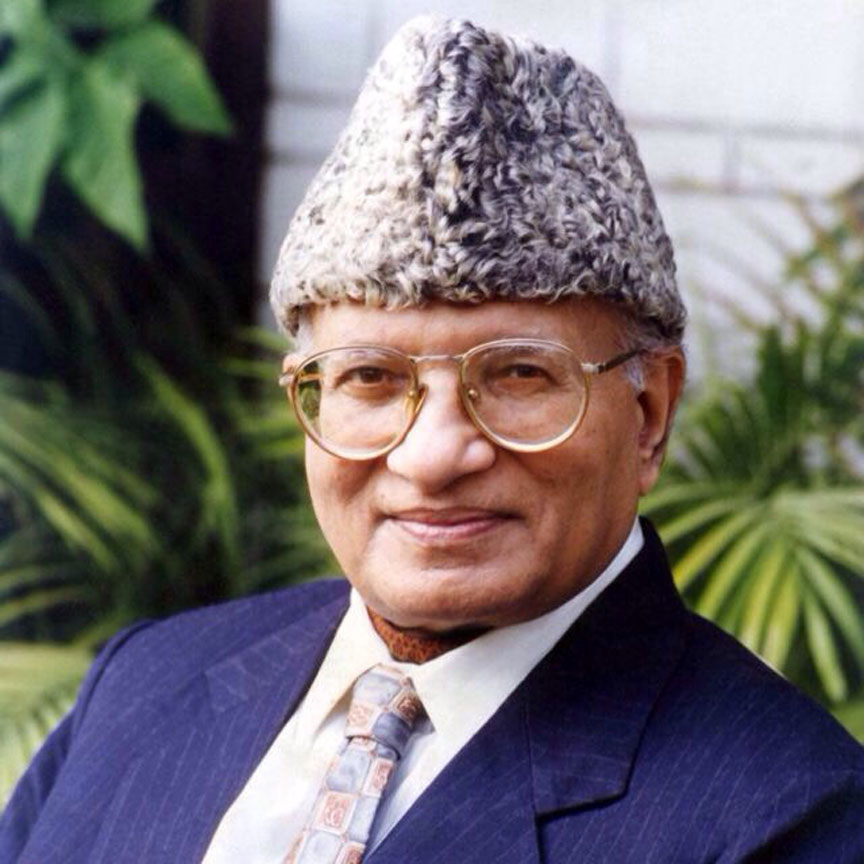Kireet Joshi Archives

Our educational objectives must include the idea of preparing a new kind of man who can consciously and progressively harmonize within himself the broad vision of the humanist and the skill of the technologist, the disciplined willforce of the moralist and the refined imagination of the artist, scrupulous knowledge of the scientist and the sublime vision, wisdom and ever-growing perfection of the mystic.
